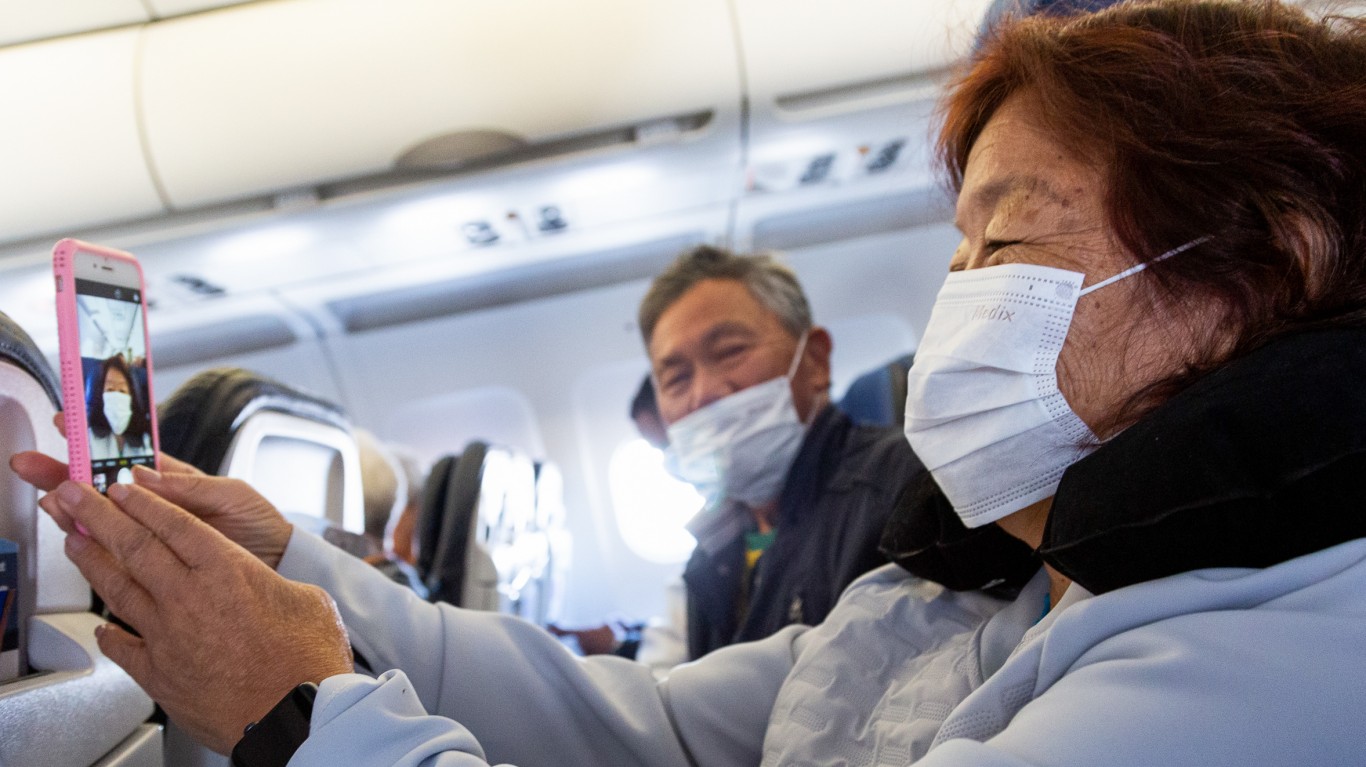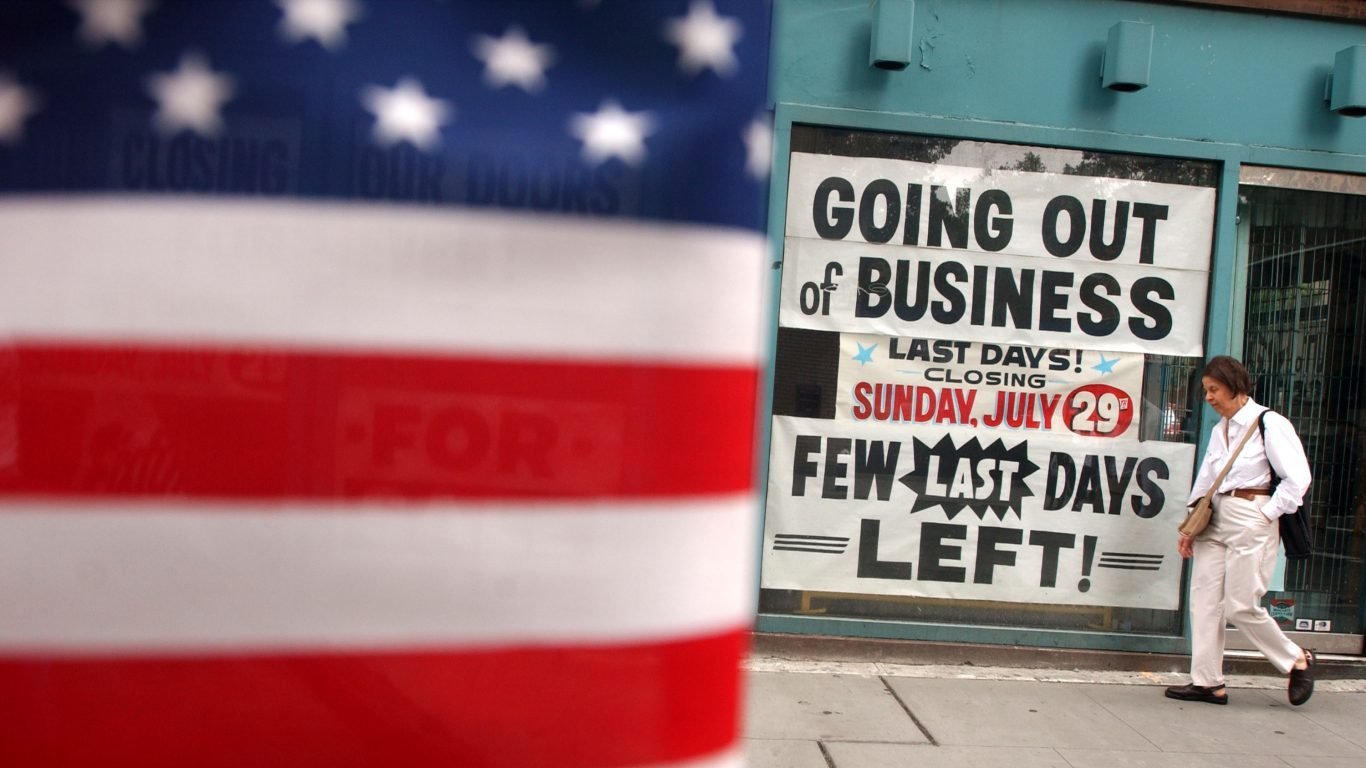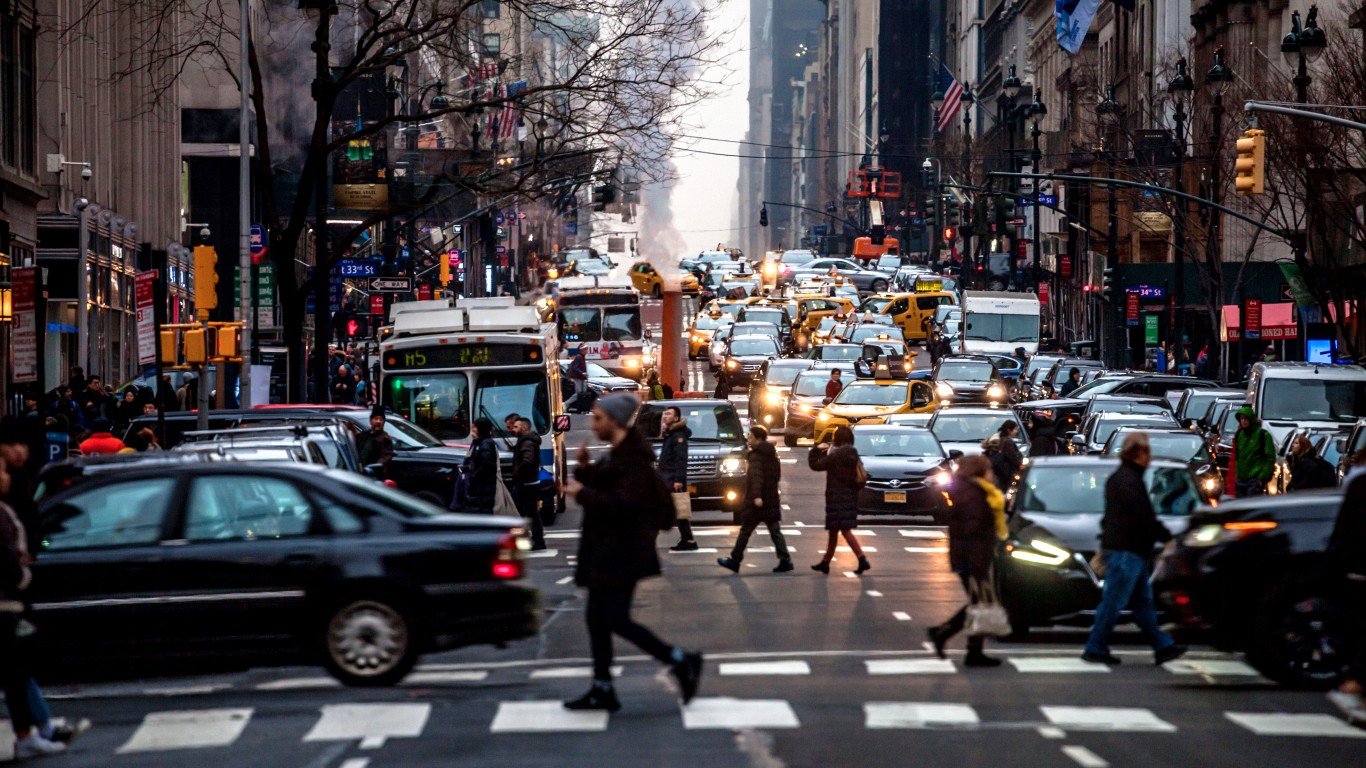

The governors of New York, New Jersey and Connecticut on Wednesday ordered a 14-day quarantine on travelers from eight states where the COVID-19 pandemic continues to rage.
National governments have followed a similar path. The United States, for example, requires foreign nationals from China, Iran, the United Kingdom, Ireland, Brazil and 29 European countries to remain in quarantine for 14 days after arriving.
According to a new report from the International Air Transport Association (IATA), more than 80% of travelers are as concerned about quarantines as they are about actually contracting the virus. The two-week quarantine orders have cut international travel by 90% or more to countries where such orders are in force, virtually identical to the drop in travel to countries that ban international travelers altogether.
As a result of the bans and quarantines, economic damage to the travel and tourism industry has been severe. For the year to date, spending on air travel has dropped by 50% and, according to the most recent IATA estimate, will shrink global GDP growth by 5% in 2020.
To soften the economic damage to the industry, the IATA has proposed a “framework with layers of protection” that the IATA Director General Alexandre de Juniac believes will “reduce the risk of importing COVID-19 infections while still allowing for the resumption of travel and tourism that are vital to jumpstarting national economies.”
In order to reduce the risk of importing COVID-19 from travelers, the IATA promotes three safety measures. The first is discouraging symptomatic passengers from traveling. Airlines have supported this move by being more flexible in allowing passengers to adjust their bookings.
Second, the IATA supports health screenings, including contactless electronic declarations by means of government web portals and temperature checks both when boarding and exiting an aircraft. The agency notes, “Temperature checks can also shore-up passenger confidence: in a recent IATA survey of travellers, 80% indicated that temperature checks make them feel safer when traveling.”
The third recommended measure is testing passengers from “higher risk” countries for COVID-19. To be effective in encouraging travel, testing needs to be widely available and highly accurate with results delivered “quickly.” The agency also recommends serological testing rather than testing for antibodies or antigens.
To mitigate risk in the event that an infected person does travel, the IATA recommends the implementation of the Take-Off guidelines proposed by the International Civil Aviation Organization (ICAO). Among these guidelines is a requirement that travelers wear a mask “throughout the travel process.” The ICAO also recommends strong sanitization measures for the aircraft, health declarations and social distancing where possible.
U.S. carriers have taken action to implement the ICAO guidelines, as well as guidance from the U.S. Federal Aviation Administration. For example, American Airlines Group Inc. (NASDAQ: AAL) last week announced that it would deny boarding to passengers who refuse to wear a mask at check-in, during boarding, in flight and when exiting the plane. JetBlue Airways Corp. (NASDAQ: JBLU) has similar requirements, as do Southwest Airlines Co. (NYSE: LUV), Delta Air Lines Co. (NYSE: DAL) and United Airlines Holdings Inc. (NASDAQ: UAL).
The ICAO and FAA guidelines also recommend limiting or discontinuing food and beverage service on short-haul flights. These five U.S. carriers have suspended all or part of their alcoholic beverage service. The change minimizes contact between passengers and crew, another way to guard against the spread of the coronavirus.
IATA Director General de Juniac calls quarantine a “lop-sided solution” that protects people while sidestepping the economic impact of lost jobs. He suggests that the layered approach the IATA has outlined “has made flying the safest way to travel while still enabling the system to function efficiently.”
Getting travelers (and politicians) on board with that approach is the trick.
Take This Retirement Quiz To Get Matched With A Financial Advisor (Sponsored)
Take the quiz below to get matched with a financial advisor today.
Each advisor has been vetted by SmartAsset and is held to a fiduciary standard to act in your best interests.
Here’s how it works:
1. Answer SmartAsset advisor match quiz
2. Review your pre-screened matches at your leisure. Check out the
advisors’ profiles.
3. Speak with advisors at no cost to you. Have an introductory call on the phone or introduction in person and choose whom to work with in the future
Take the retirement quiz right here.
Thank you for reading! Have some feedback for us?
Contact the 24/7 Wall St. editorial team.
 24/7 Wall St.
24/7 Wall St.


